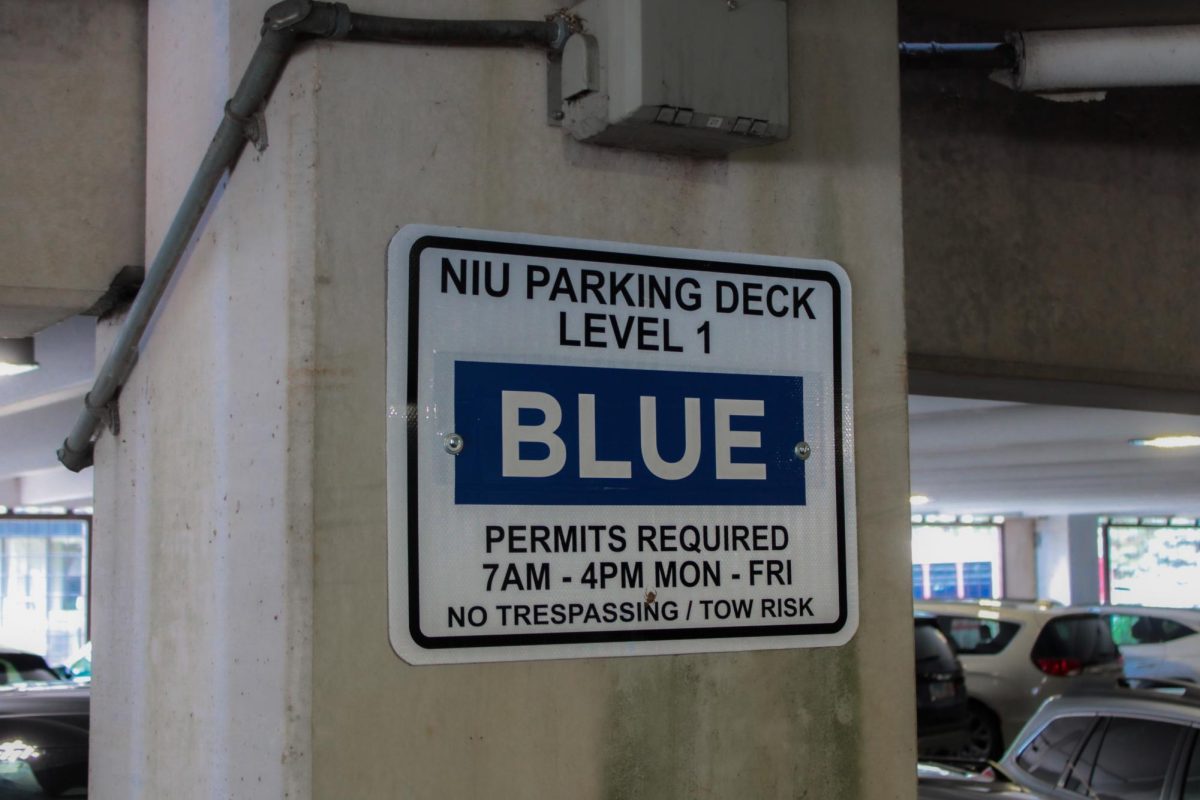College rankings have a bad reputation for not being representative of a university’s physical and social attributes. Students should use college rankings as a factor to make college decisions; however, they should not be everything.
By mainly focusing on the academic aspects of universities, college rankings fail to incorporate the non-academic parts of campus. Additionally, the existing college ranking system is flawed, even within academics.
NIU ranks No. 269 in national universities and No. 145 in top public schools, according to the U.S. News College Rankings. Faculty-student ratio, graduation rates, and financial resources per student, among others are some factors in these rankings.
“The methodology used by many ranking providers is too subjective and reliant on factors that may not necessarily reflect the true quality of education, such as reputation surveys, financial resources, and admission acceptance rates, which lead to a skewed representation of a school’s actual academic performance,” said a statement from Sol Jensen, NIU’s vice president for the Division of Enrollment Management, Marketing and Communications.
Despite the flaws in the college rankings system, universities need to be ranked objectively. Providing prospective students with a way to compare universities could help them make early decisions, rather than ranking solely based on objectivity.
Social factors, like Greek life or sports, should not be included in college rankings due to their subjectivity. Academic accomplishments can be measured across college campuses nationally, but community cannot be measured objectively.
Eli Huffman, a first-year psychology and women and gender studies major, explained the college ranking system was a factor for their college decisions. However, non-academic elements may be the most important to consider, even though it is difficult to measure them.
“Personally, I think location and cost are the most important because I think they impact a lot of areas of your life outside of, like, your school work specifically,” Huffman said.
Different students have a variety of different values; however, there is a special value to be placed on campus atmosphere. The location of a campus is monumentally important to a prospective student’s life.
By incorporating a variety of campus aspects, students could grasp a more realistic idea of what a given university could offer them.
“There are alternative assessments and metrics that provide a more comprehensive view of educational excellence and understanding of a university’s strengths and weaknesses, such as: career outcomes-based assessments of alumni, student success indicators, diversity and inclusion metrics, research impact, student satisfaction, innovation and entrepreneurship, and community service and engagement,” Jensen’s statement said.
College ranking systems are not inherently negative. If done objectively, students can gain important insight about a university’s academic successes and weaknesses. While the current college ranking system should be altered to include expanded categories, they should not be entirely discounted by students, parents or universities.














